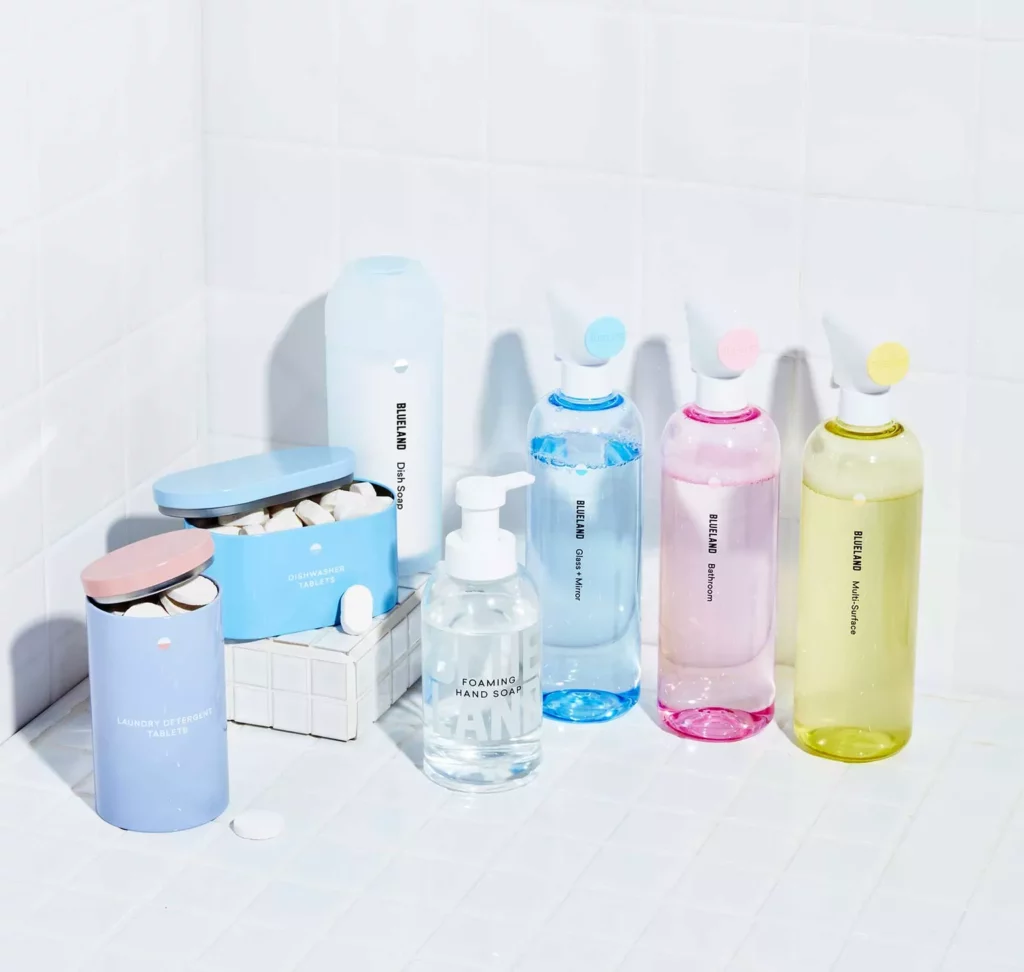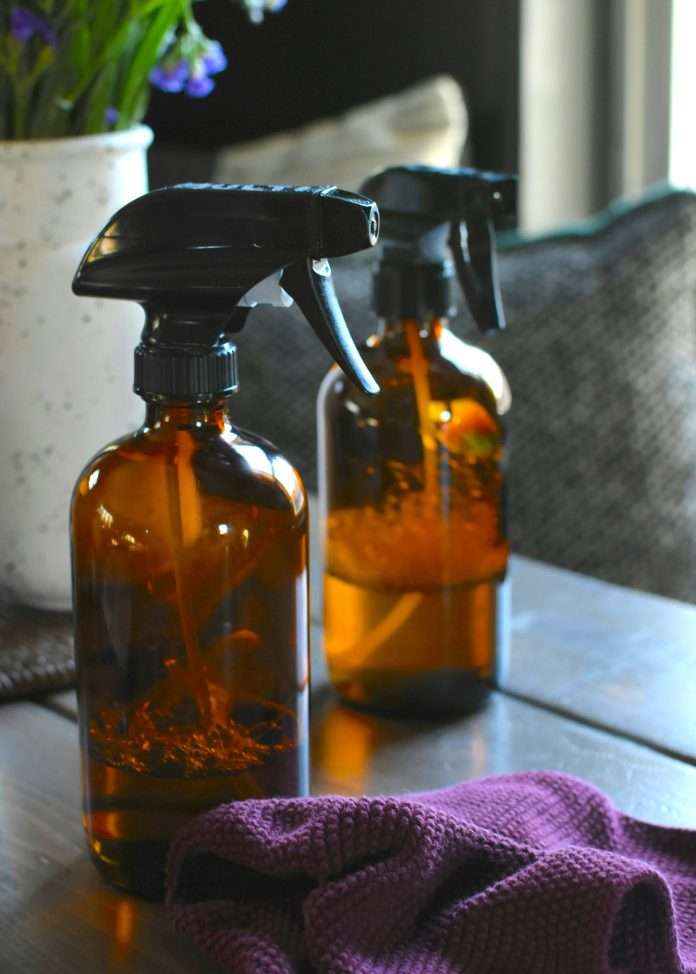Are eco-friendly “green” cleaning products all they promise? Two recent studies say they contain volatile organic compounds harmful to human health and the environment.
New research has cast doubt on the environmental and health safety of “green” cleaning products, revealing that these alternatives emit harmful chemicals at levels similar to their traditional counterparts. A study published in the journal Environmental Science Processes & Impacts by The Royal Society of Chemistry highlights the risk of volatile organic compounds (VOCs) in fragranced cleaning products, challenging the perception that “green” options are safer for indoor air quality. The University of York led this investigation, comparing the VOC emissions from ten traditional and 13 “green” cleaning products, with findings showing that the latter often release more monoterpenes, potentially elevating indoor pollution levels.
“Our research found there is no strong evidence to suggest that clean green products are better for indoor air quality compared to regular products,” Ellen Harding-Smith, an Environmental Chemistry researcher at the Department of Environment & Geography, said in a statement. “In fact, there was very little difference. Many consumers are being misled by the marketing of these products and could be damaging the air quality in their homes as a result – potentially putting their health at risk. For so many products on the supermarket shelves, green doesn’t mean clean.” This revelation underscores the importance of accurate information and clear guidance for consumers, urging manufacturers to disclose more about their product ingredients and educating homeowners on maintaining air quality, such as improving ventilation.

The researchers cite indoor air quality as a critical health concern, with poor conditions leading to a range of issues from eye and respiratory irritation to long-term risks like cancer. Understanding VOCs is essential, the researchers say, given their prevalence in everyday items from cleaning products and furniture to paints, and their role in indoor and outdoor pollution.
The implications of this research are significant, advocating for a reevaluation of “green” cleaning products’ marketing and the necessity for stricter regulations. By promoting transparency and educating the public on safe usage practices, it’s possible to mitigate the health risks associated with VOC emissions.
“Manufacturers really need to be so much clearer about what is in these products and make clear how to mitigate their harm. For example, just improving ventilation and opening windows when using these cleaning products makes air quality at home so much better,” said Harding-Smith. The study is the latest to call for a broader approach to addressing indoor air quality, highlighting the need for individual action and policy reform to reduce VOC exposure and protect public health and the environment.

Last September, an investigation by scientists from the Environmental Working Group (EWG), found products labeled “green” emitted fewer VOCs than their conventional counterparts. That study, published in the journal Chemosphere, found that green products emitted about half the number of VOCs, on average. It also found eco products labeled “fragrance-free” produced the fewest VOC emissions — eight times fewer than conventional and four times fewer than fragranced green products. The eco-labeled fragrance-free products also contained fewer VOCs labeled as hazardous — an average of four compared to 15 in eco products that contained fragrances, and 22 in conventional cleaning products.
“This study is a wake-up call for consumers, researchers and regulators to be more aware of the potential risks associated with the numerous chemicals entering our indoor air,” Alexis Temkin, Ph.D., a senior toxicologist at EWG, said in a statement. “Going green with your cleaning products is an easy way to reduce exposure to harmful chemicals,” said Samara Geller, EWG senior director of cleaning science. “This may be especially important for women’s and children’s health.”

It’s not just the chemicals inside the cleaning products gaining attention — the chemicals encasing them are facing pushback, too, with proposed legislation in New York aiming to ban laundry and dishwasher detergent pods, as well as laundry sheets, that contain synthetic plastic films called polyvinyl alcohol (PVA). If passed, New York City would be the first city in the country to put restrictions on the products. Violations would incur fines of $400 for each infraction.
The “Pods are Plastic” bill, is supported by eco cleaning company Blueland. “Companies should not be allowed to put microplastics into products that are designed to go down our drains into our water,” Sarah Paiji Yoo, cofounder and CEO of Blueland, told Fast Company. The company says a study by the National Library of Medicine, which it commissioned, found more than 75 percent of intact plastic particles from laundry and dishwasher pods can make it into oceans, rivers, and soil. Blueland also launched a petition with the EPA in 2022 urging the agency to regulate pods.
Related on Ethos:


